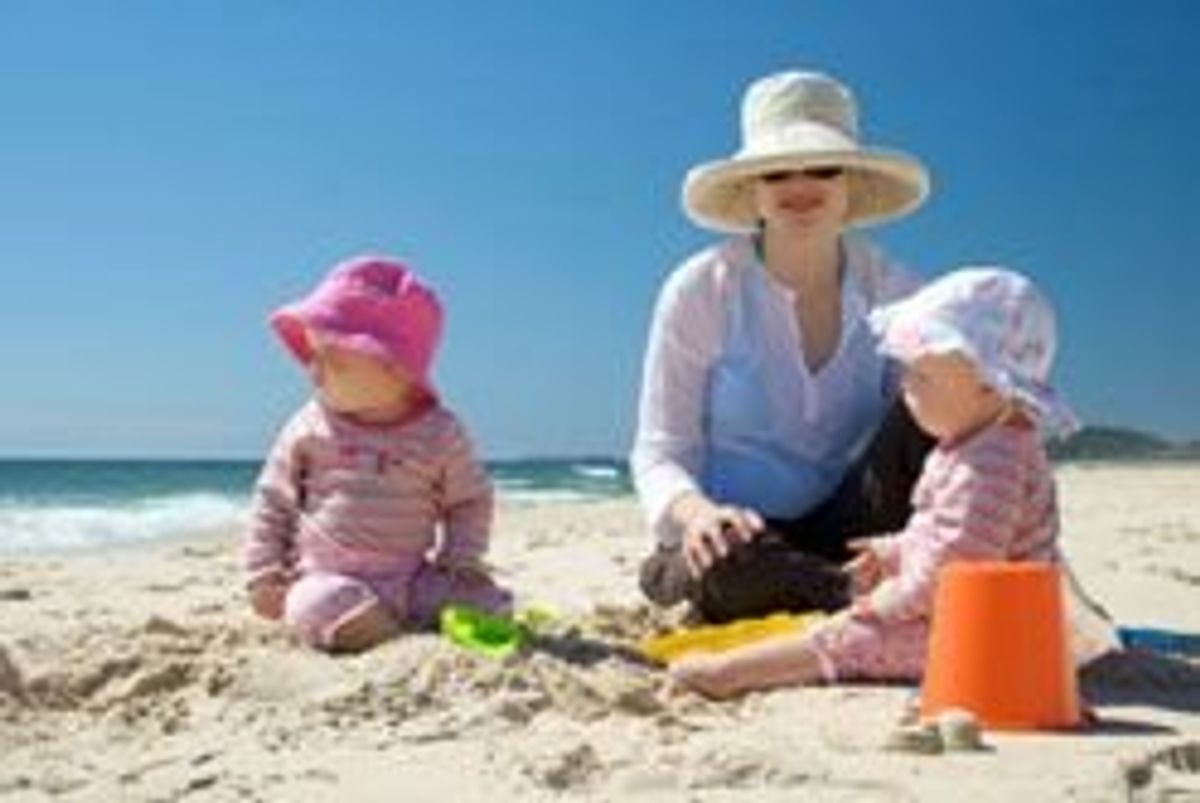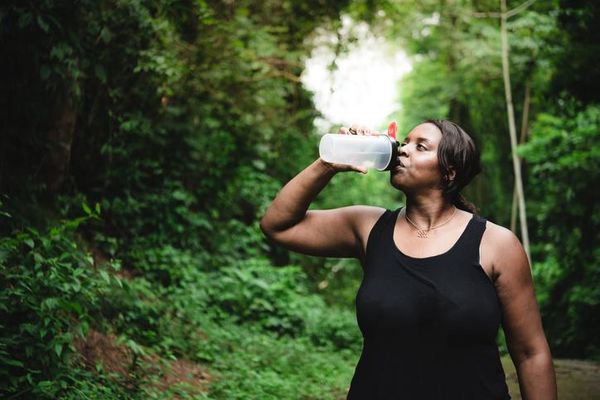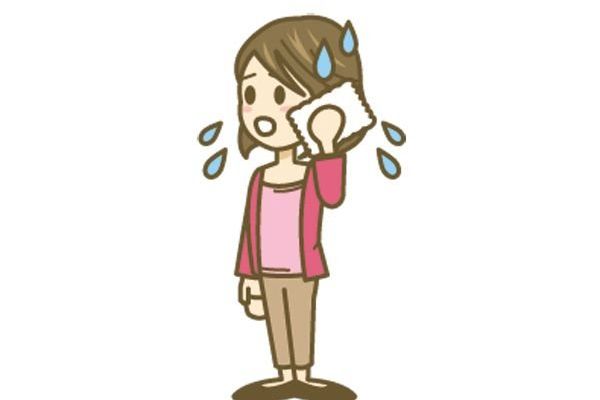The chilly winds have subsided and given way to sunshine and blue skies, and you're no doubt ready to get your little one outside to introduce them to the joys of summer. But before you do, make sure you know about the proper procedures and precautions you need to take in order to keep your child safe outdoors.
Dress Children Appropriately During Warm Months
Babies have especially sensitive and vulnerable skin, and it is recommended that children younger than 6 months avoid sun exposure. If you're heading out with your newborn, you should dress them in lightweight pants and long-sleeved shirts as well as in a hat with a brim all the way around, to protect both the face and neck. If it's far too hot to consider dressing your little one in so much fabric, then be sure to use sunscreen with an SPF of 15 or higher on all exposed areas of their skin.
Children who have passed their half-year mark can wear t-shirts and shorts, but a high SPF sunblock is still an absolute must and hats are highly recommended, even on cloudy days. In addition to being adorable, sunglasses for children are important for protecting their developing eyes. Choose a pair that offers 100 percent protection from ultraviolet (UV) rays.
Slather On The Sunblock Often
The importance of protecting your child's skin from the sun cannot be emphasized enough. When they're outside playing and sweating, be sure to re-apply sunscreen every two hours, and enforce break times in the shade if they appear to be getting red. You should also be sure to replenish SPF sunblock when swimming, especially since the water makes the sun's rays even more intense. Ask your child’s pediatrician what SPF is right for your little one.
Hydrate, Hydrate, Hydrate
Hydration is also extremely important when temperatures begin to rise. Kids who play outside should always have access to fresh, cool water or sports drinks. If you know that your child needs to be hydrated, don't make the beverages optional for them. Tell them to drink up or playtime is over.
Pool Safety Tips To Follow
Families with pools must be sure to have fences around them that are at least 4 feet tall. Check the fence for any gaps or weaknesses that could allow a small child to get through. Gates should have latches that are too high for your toddler to reach.
While the "floaties" that are available in toy stores may be great aids for older children who are learning to swim, they should not be used on babies or toddlers and are certainly no substitute for life vests. Choose a safety-approved life vest with fabric that goes between the legs to prevent your child from slipping out.
Most importantly, never leave your child unattended near a pool - even the shallow or inflatable varieties.
Now, get out there and have some fun!

Summertime Fun: Warm Weather Safety Tips for You and Your Baby
Jun 08, 2011






